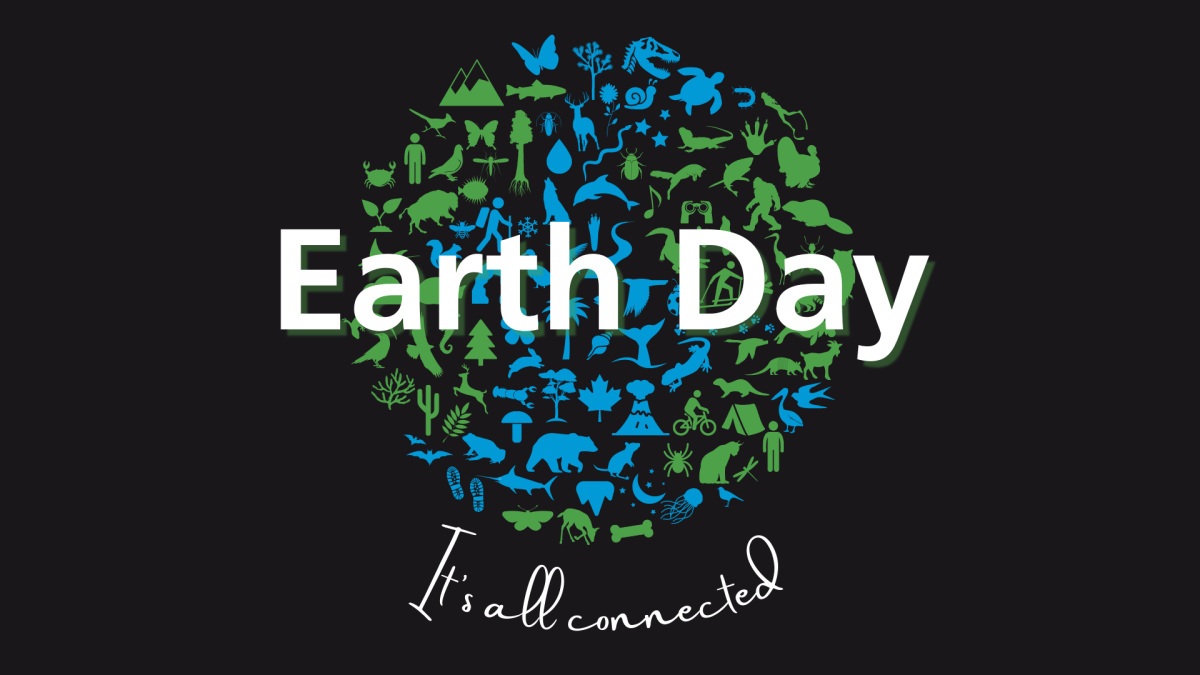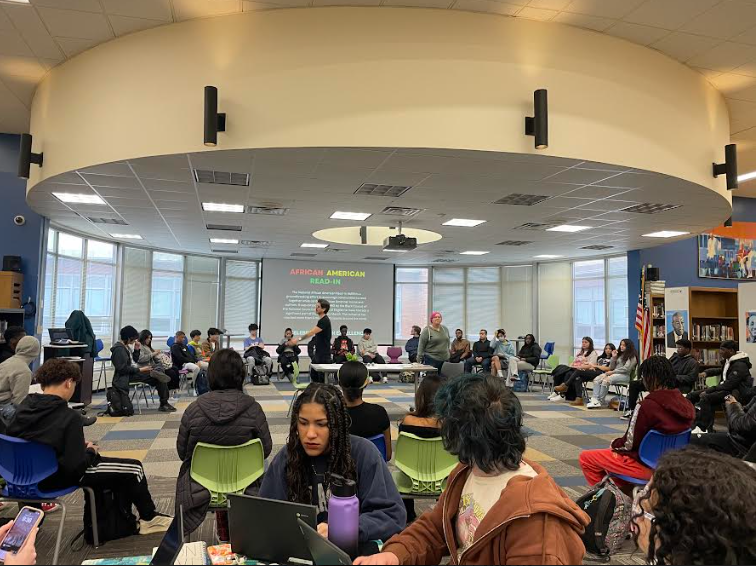Throughout the past couple of years, artificial intelligence has been one of the most discussed topics relating to technology. While it is regarded by many to have the potential to solve the most significant issues we have currently and overall, massively improve the lives of billions across the globe, many tend to differ. There is a small yet considerable number of people in all demographic groups that are concerned with some of the implications of AI, from blue-collar laborers to the uber-wealthy.
As humanity progresses and the importance of AI increases exponentially, this debate further divides the world and exposes the fundamental cracks upon which many aspects of our society exist, whether it be our economy, culture, or the human psyche in general. The boundary between both sides is not as clear-cut as it seems either; within each, there are various different factions. For example, many people who are pro-AI are more radical and transhumanist while others may be more moderate on this topic. Very few people have the same exact positions as others on AI; this issue is very expansive and virtually everyone has differing opinions in this debate. The need for education on this ever so relevant issue is imperative; this article will delve into the various concerns that many have with AI, while also providing the reasons proponents have for supporting it.
Concern 1 – Bias
Artificial intelligence is inherently biased, since models are trained off of manually designed datasets and existing information on the web, which are likely to have some sort of bias. Not only can bias lead to somewhat inaccurate information being given by the engine, influencing the user’s opinions, but it can also lead to even more disastrous outcomes. For example, as AI will likely be used greatly in fields such as (but not limited to) research and science, if the AI is influenced by biased datasets, it could potentially give misleading or outright false information. While there are no major examples of the catastrophic impacts AI could potentially have, this is merely due to how new AI as a concept is; in the future, the biases of AI could cause colossal failure. Additionally, in the past, AI engines have generated extremely disrespectful content as a result of the biased models they were trained with. Racism, sexism, homophobia, and other forms of discrimination have been perpetuated by artificial intelligence numerous times, causing not only devastating scandals but also being deeply offensive. One example of this was Microsoft’s AI twitter bot, named “TayTweets”. Trained off of human conversations like many AIs also currently do, it rapidly transformed from a mundane bot to a racist, anti-semitic, sexist disaster. AI engines themselves are incapable of having feelings; instead, intentionally or unintentionally, many of the users of the bot influenced it to adopt these highly controversial views. Of course, Microsoft shut down the AI within 24 hours and the project ceased to exist ever again. This is another issue that many AI-skeptics ponder about, since it is evident that such errors can cause immense harm to a large swath of people.
Concern 2 – Loss of Jobs
One of the biggest criticisms AI opponents have is the potential for it to cause mass job loss to occur. Artificial intelligence models possess skills across a wide range of topics, from computer science to research. Such jobs can easily be fully replaced by AI, rendering the jobs of millions obsolete. Additionally, the catastrophic job loss that AI could result in would likely trigger a neo-Luddite movement, potentially alienating many of the supporters of artificial intelligence. From the perspective of an AI critic, the economic gains that artificial intelligence could bring would be canceled out by the immense unemployment that it will trigger. AI is known to be worse at doing even simple tasks than humans; these cost-cutting measures that corporations are taking would inevitably result in the quality of the work tanking, which would negatively affect the general population, which may rely on those services. Artificial intelligence may be a double-edged sword; while it may greatly improve the circumstances of many, even economically, it will facilitate the loss of jobs to automation.
Concern 3 – Negative Effect on Humans
Another concern that many people have relating to artificial intelligence is the disastrous effect it will have on humans’ brains. Many people are already dependent on AI to do a variety of tasks that are necessary in the real world, such as writing emails and doing mathematical equations. It has been observed in education that students are increasingly unable to do their schoolwork since they are using the aid of AI services, such as ChatGPT, to do so. In general, when one uses AI, they are inclined to feel more lazy and less willing to put in hard work to reach a positive outcome. This is terrible for society in general, since if the masses were to be unproductive, we would not be able to achieve the amazing things we have been able to do in the past. Ultimately, it is difficult for AI to get as advanced as it is needed to make groundbreaking accomplishments and remarkable discoveries; that can only be done with us for the next couple of, at least, decades. There is nothing capable of making progress more rapidly than the human mind; AI, in the eye of the opposition, will reverse the trend of unfathomable discovery and actively wreck the human brain.
Benefit 1 – Economic Gains
As it was stated on the previous page, AI could have a catastrophically negative impact on the economy if it were to gain importance in the coming years. However, AI alternatively could bring significant economic gains if it was adopted by the global economic producers. It would likely result in more efficient production of goods and completion of services, which would be instrumental in dropping prices for consumers across the world. Additionally, we can learn from the times of the Industrial Revolution that the jobs that are replaced by these new technologies will not simply vanish, but will be replaced by more well-paying jobs. New jobs will be created to handle the artificial intelligence engines that were responsible for the “loss of jobs” and AI will result in a pathway to more presently undiscovered sectors being opened up. Proponents of AI would argue that job loss due to AI is merely a myth; rather, artificial intelligence will create jobs and bring prosperity to everyone.
Benefit 2 – Scientific Discovery
AI can speed up scientific advancement and result in historic discoveries being made in all fields. AI is capable of taking in and absorbing information in times significantly lower than humans need; when combined with AI’s ability to process data within mere seconds, one can see that it would be much easier for AI to make new discoveries than humans; it would be more efficient and potentially more accurate. Investing further into artificial intelligence would likely allow us to gain insight into issues we had never even thought of finding solutions to. Additionally, tying this in with the previous benefit, AI could offer us a better way to model our economy, which would greatly help the populace of not just the United States, but the entirety of the world. It is simply not worth struggling when we have a tool that we could easily utilize to help us with the vast majority of our problems. AI would be able to make decisions that would change science and the way we look at it forever.
Benefit 3 – Increased Accuracy Across the Board
AI can make mathematical calculations and overall decisions with extreme accuracy. With it being practically impossible for AI to make errors (when it is ultra-advanced, which it is likely to become in the coming years), it is simply better than humans in these regards and investing in AI to make it stronger would have an immensely more positive impact than inefficiently relying on people when the possibility of error is much higher. By not taking advantage of this greatly important tool we are in possession of, we are preventing ourselves from reaching our full potential. One of the biggest issues humanity has had over the course of time is our tendency to make mistakes (which is unavoidable). Embracing the future and adopting artificial intelligence would eradicate that, improving our collective situation greatly.
In conclusion, the debate about AI is one of the most significant humanity has ever had. Many argue that we should not chase progress at all costs, and it could harm our economy and our society in general. Proponents believe that the progress, economically, scientifically, and societally, that AI will help us attain would have an effect akin to the Industrial Revolution and greatly improve our situation. There is no objective right or wrong on this issue, so this article aims to give you the information to form your beliefs on this monumentally major topic.









































































